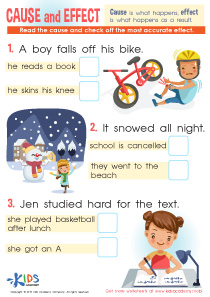Normal Reading Non-Fiction Worksheets for Ages 5-7
48 filtered results
-
From - To
Welcome to our collection of Normal Reading Non-Fiction Worksheets designed for children aged 5-7! These engaging worksheets are perfect for introducing young learners to the world of non-fiction. Each resource supports the development of reading comprehension skills while encouraging curiosity about real-world topics. Students will enjoy fun activities that enhance their understanding through meaningful content tailored to their age group. Our carefully crafted worksheets promote critical thinking and nurture a love for reading, making learning enjoyable and effective. Explore these invaluable materials to help your child build essential literacy skills while discovering fascinating facts about the world around them!
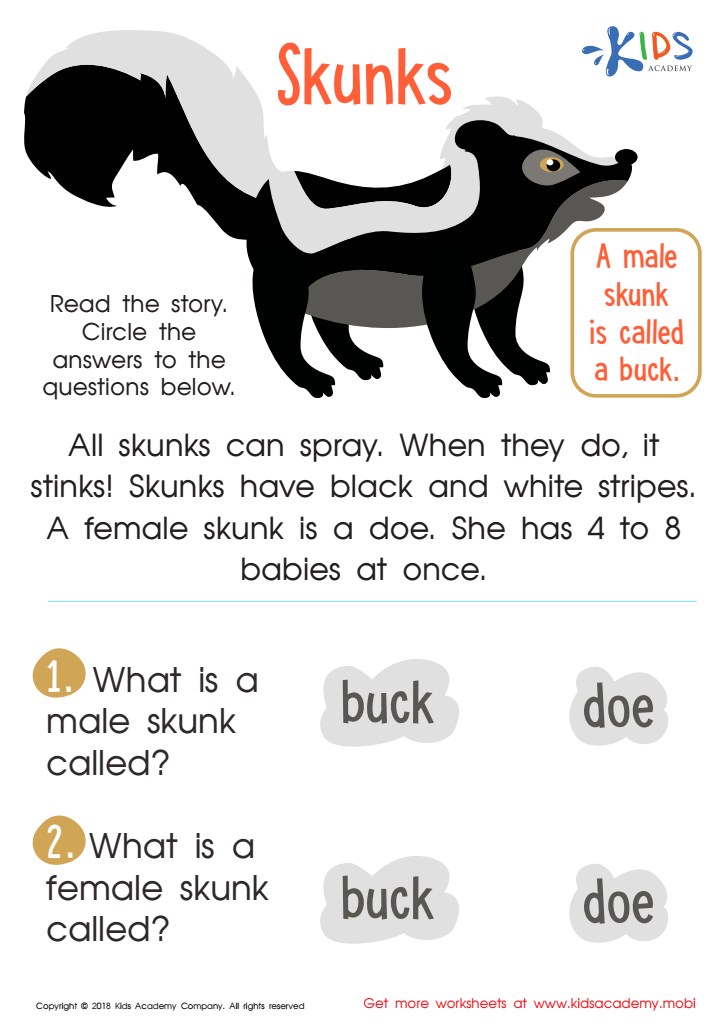

Skunks Worksheet
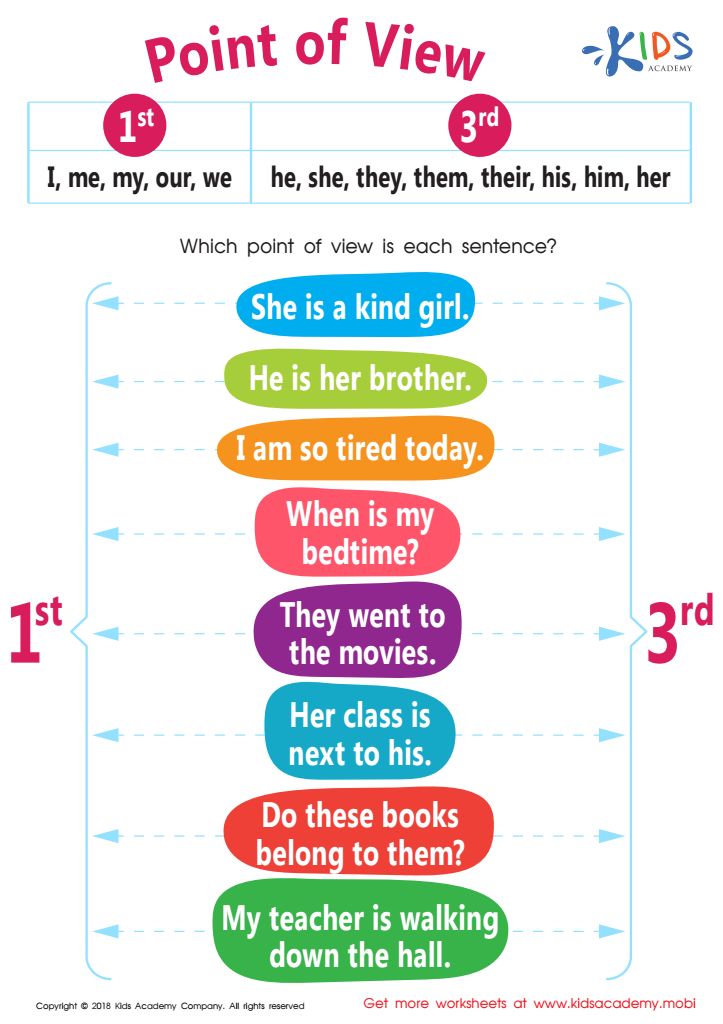

Point of View Worksheet


White House Worksheet
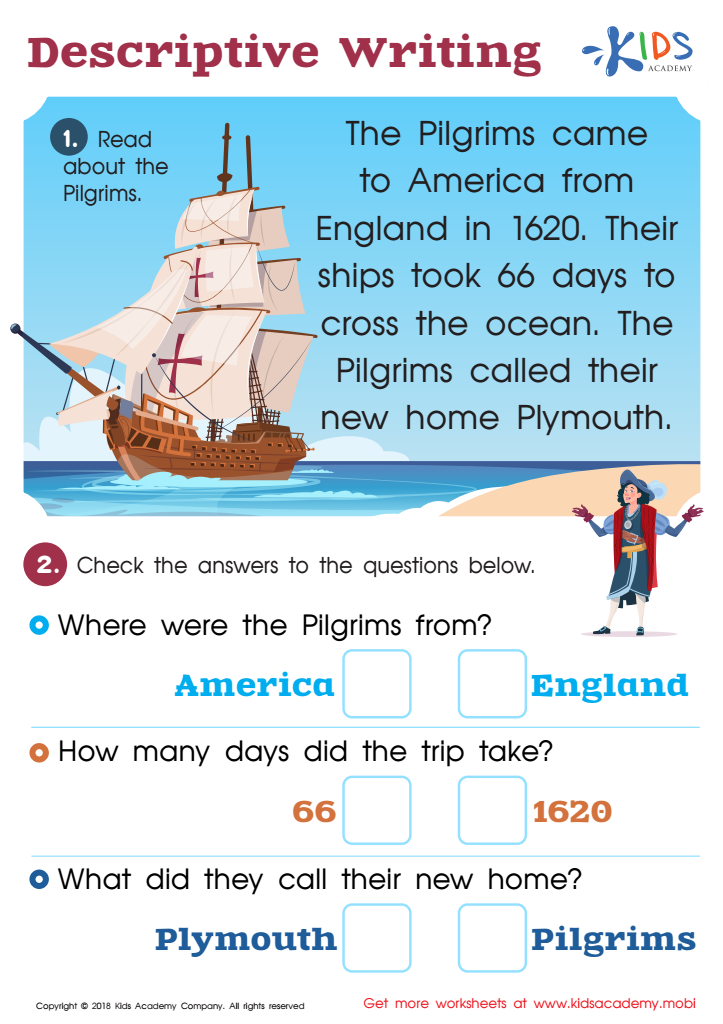

Descriptive Writing Worksheet: Part 1
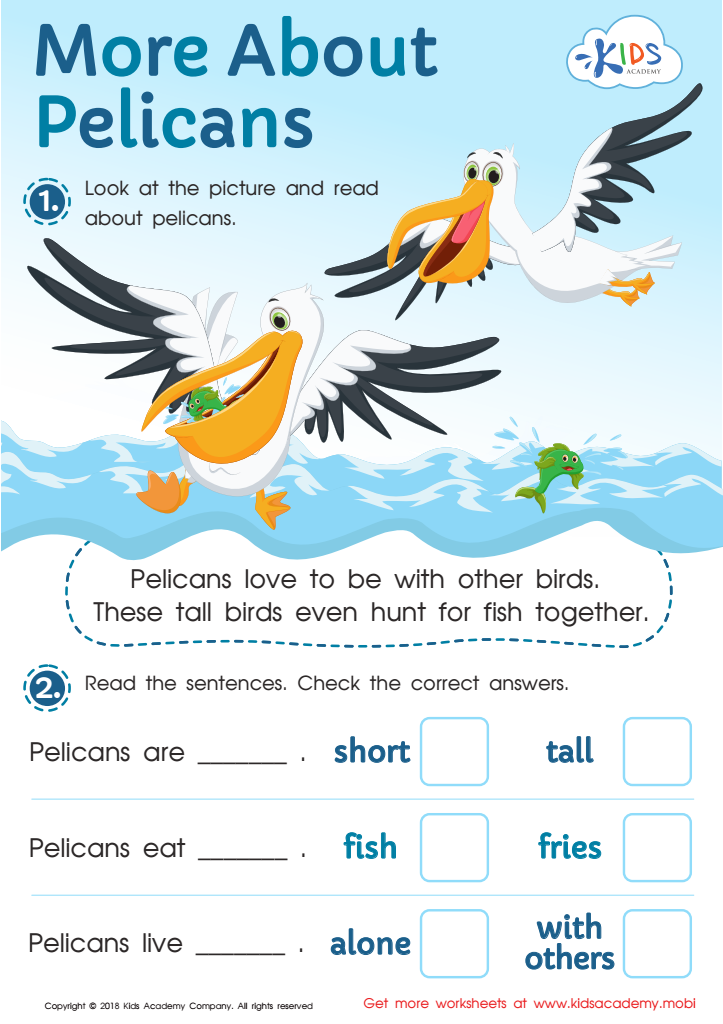

More About Pelicans Worksheet
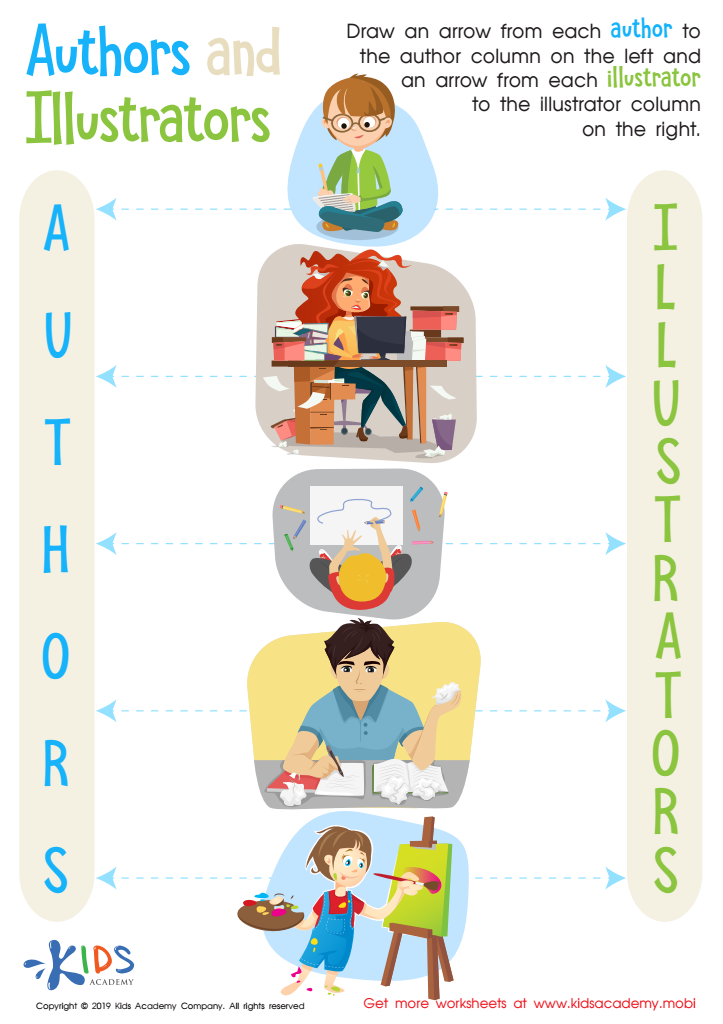

Authors and Illustrators Worksheet
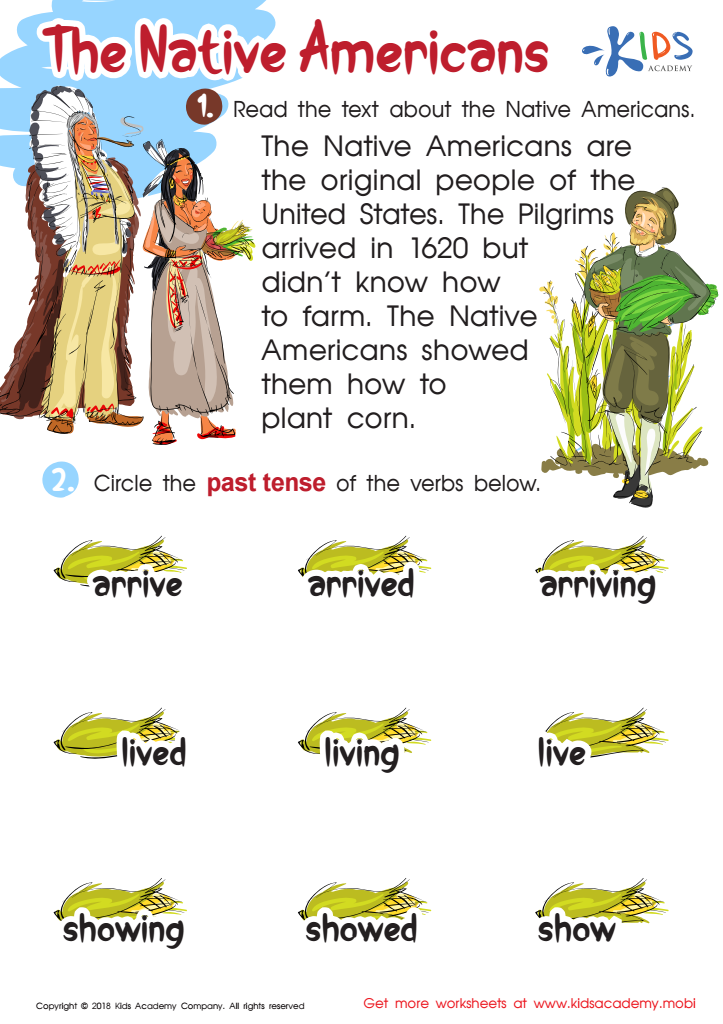

The Native Americans Worksheet
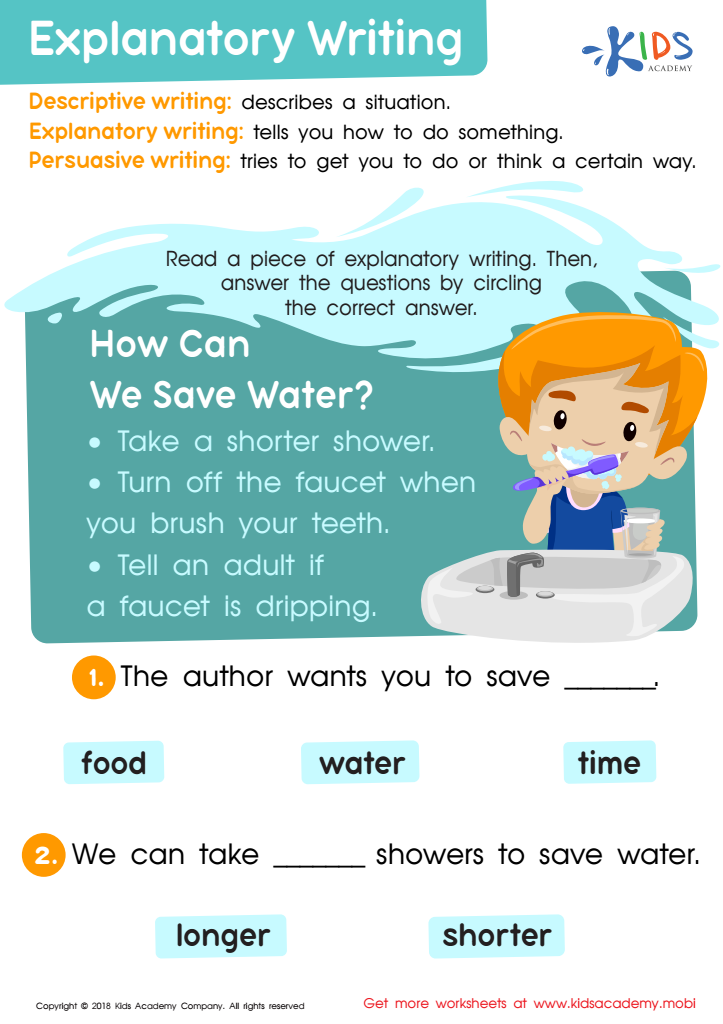

Explanatory Writing Worksheet
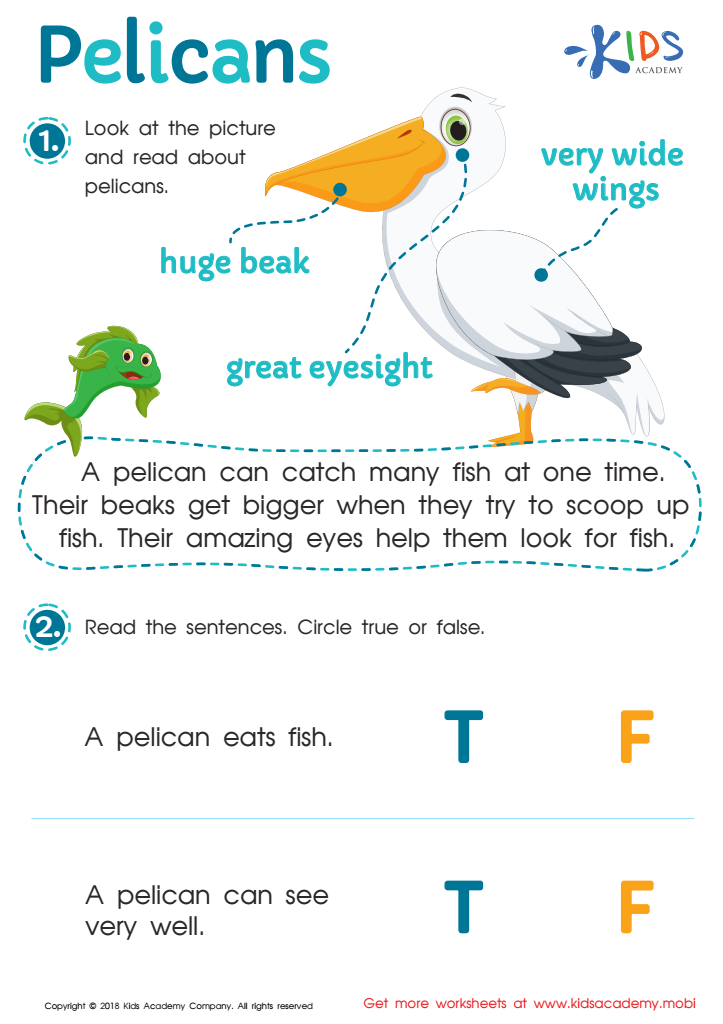

Pelicans Worksheet
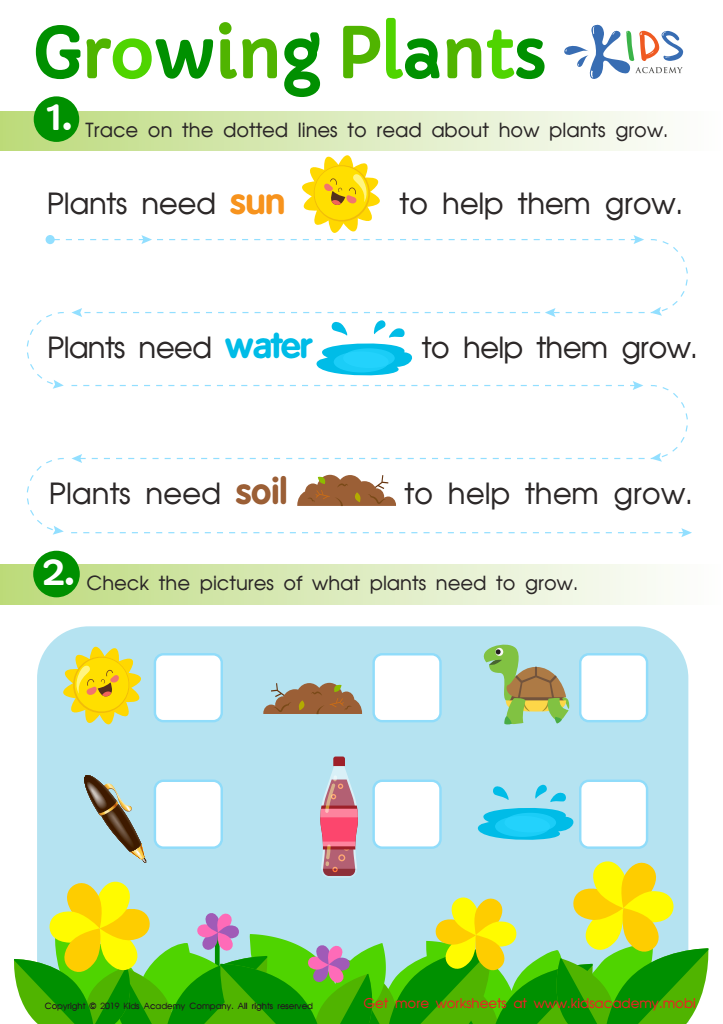

Growing Plants Worksheet


The Dentist Worksheet
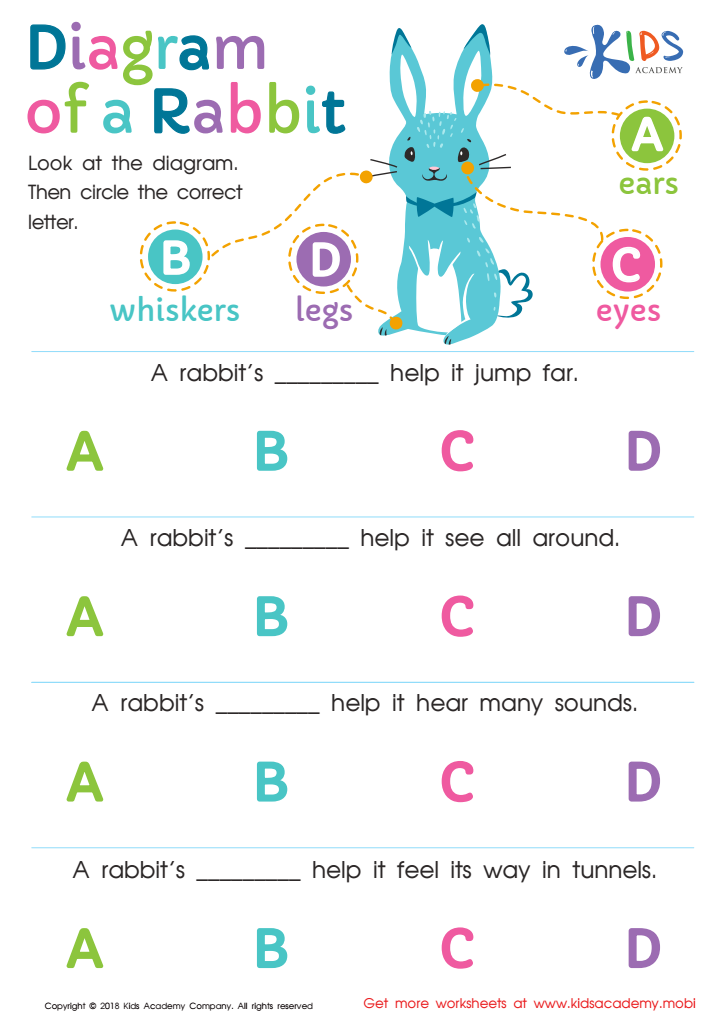

Diagram of a Rabbit Worksheet
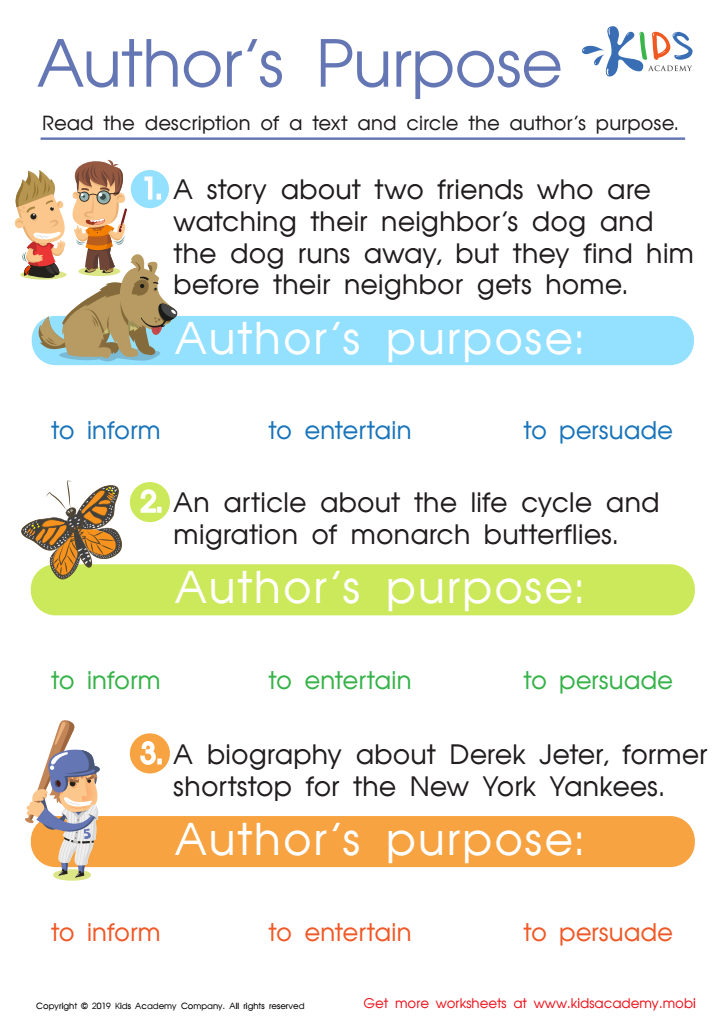

Author's Purpose Worksheet
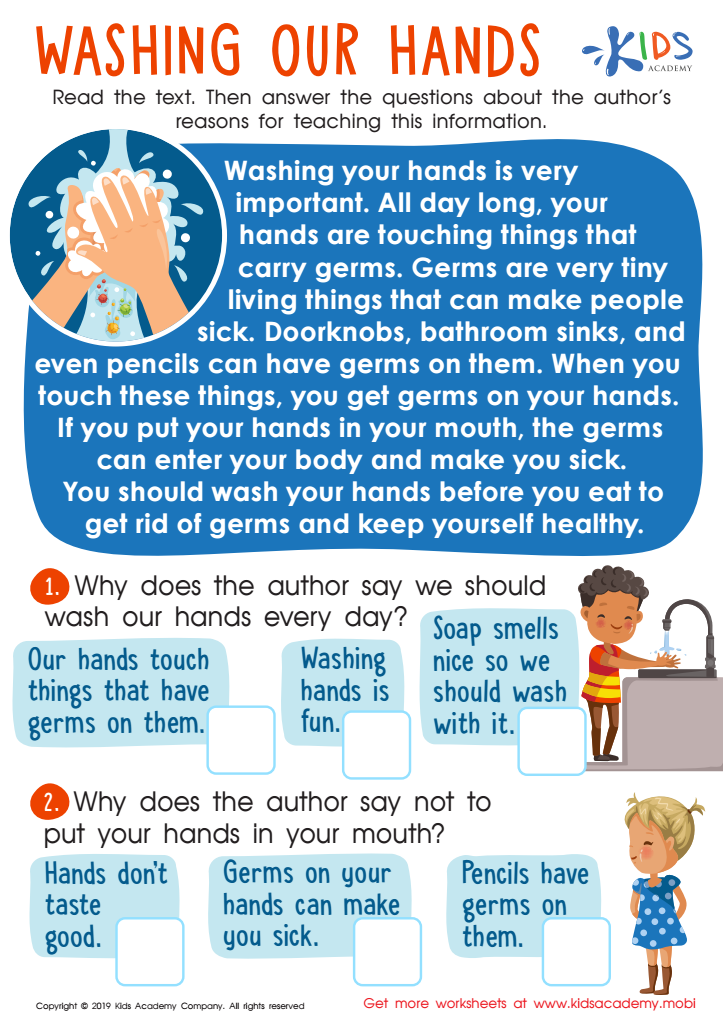

Washing Our Hands Worksheet
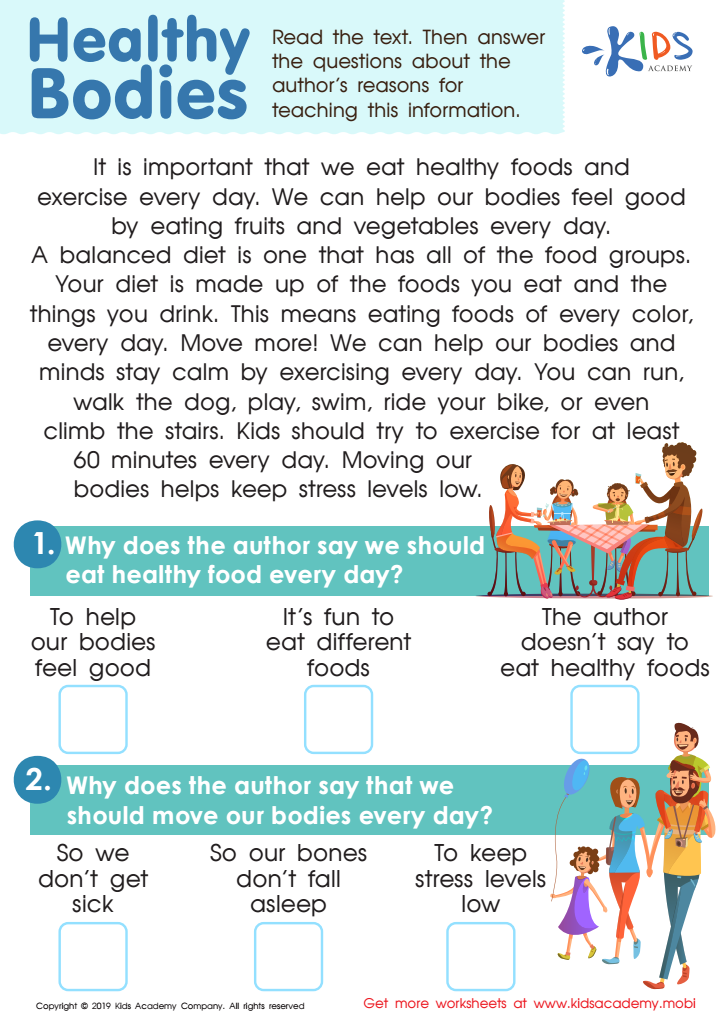

Healthy Bodies Worksheet
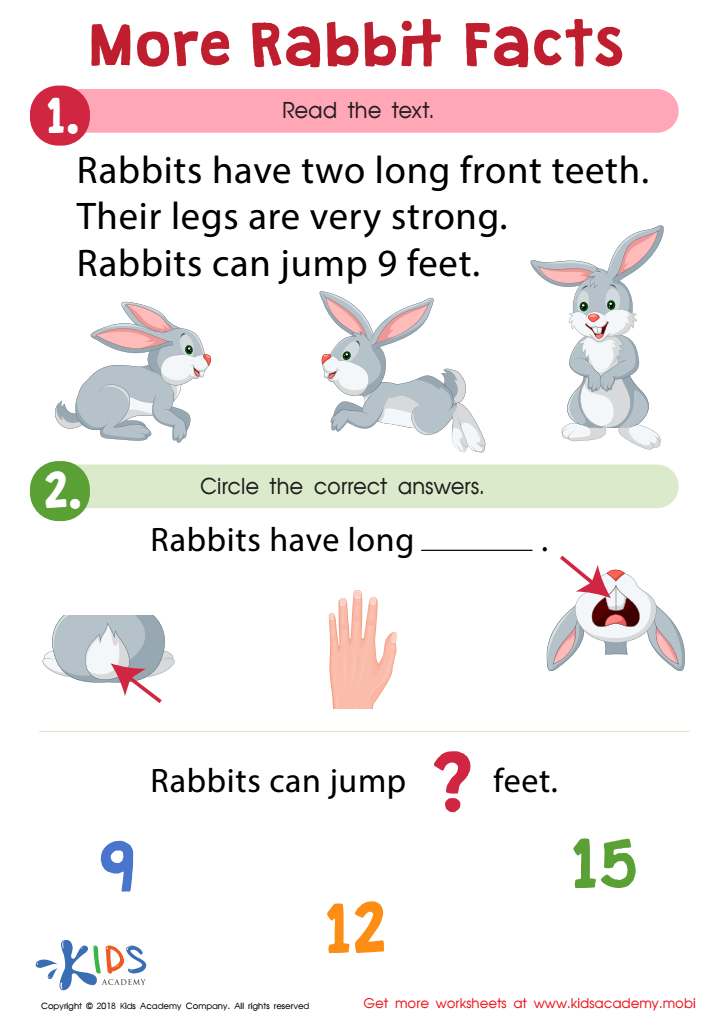

More Rabbit Facts Worksheet
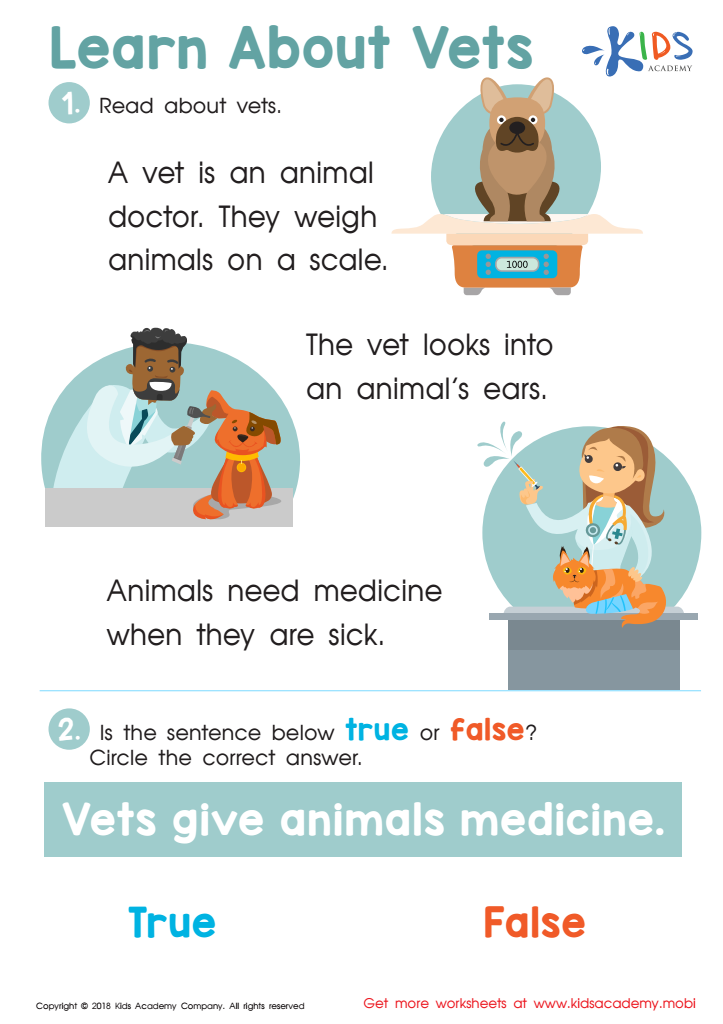

Learn About Vets Worksheet
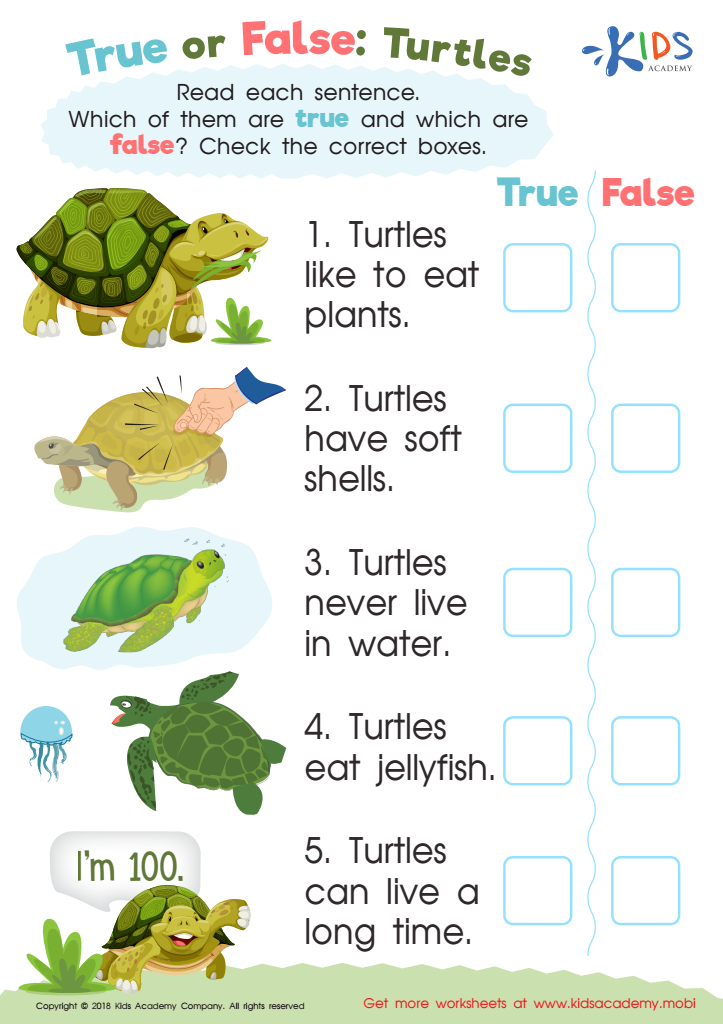

True or False: Turtles Worksheet
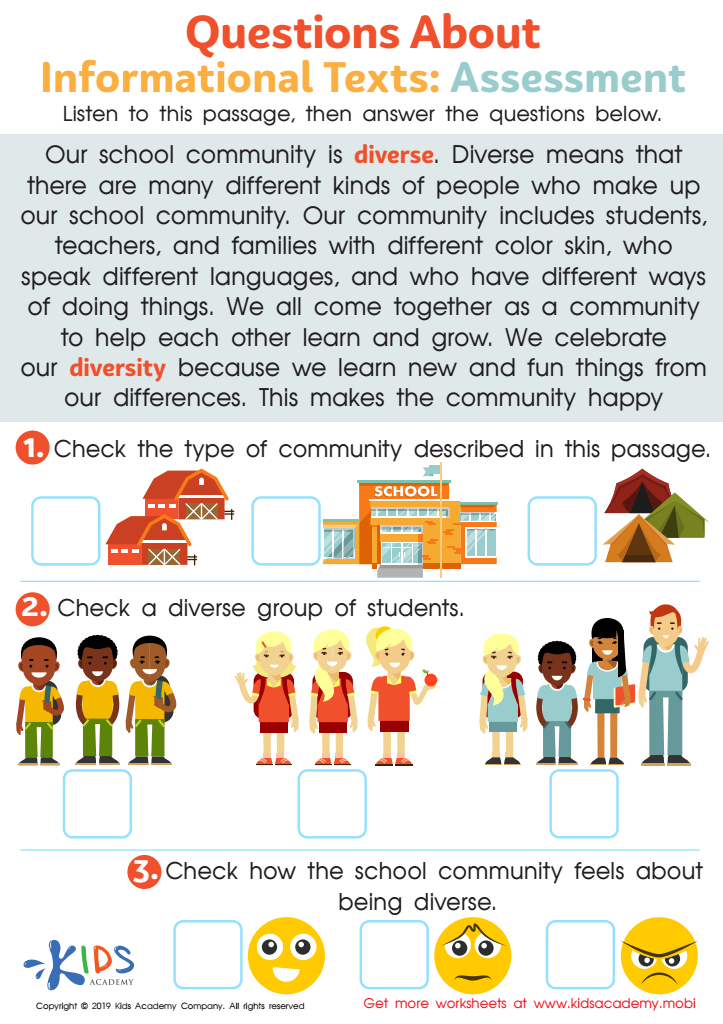

Questions About Informational Texts: Assessment 1 Worksheet
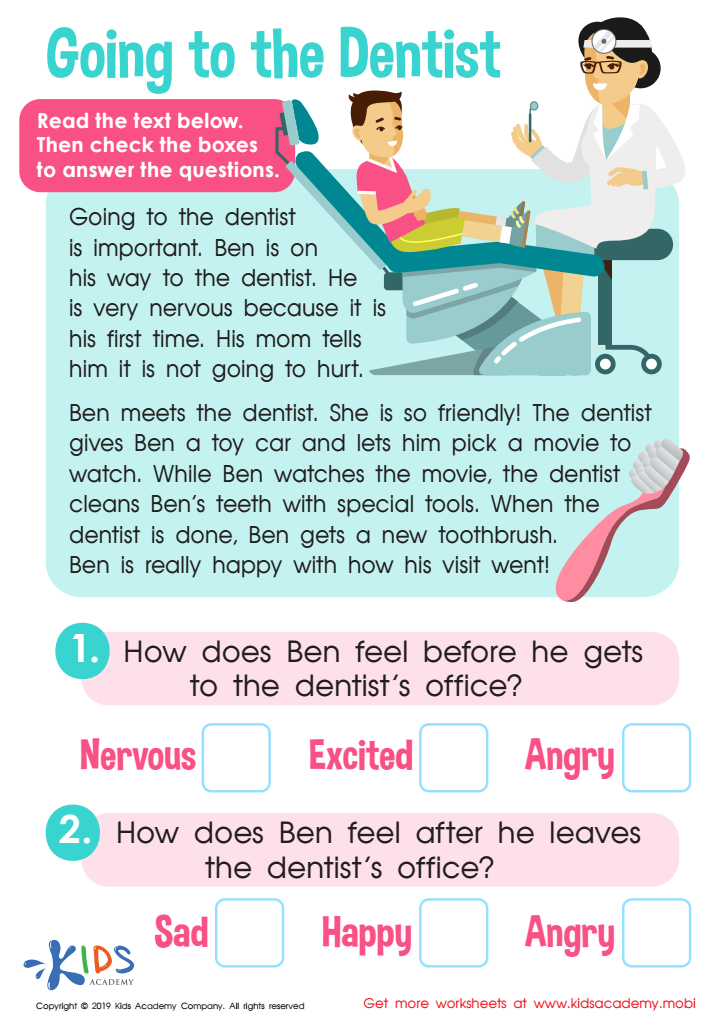

Going to the Dentist Worksheet


Benjamin Franklin Worksheet
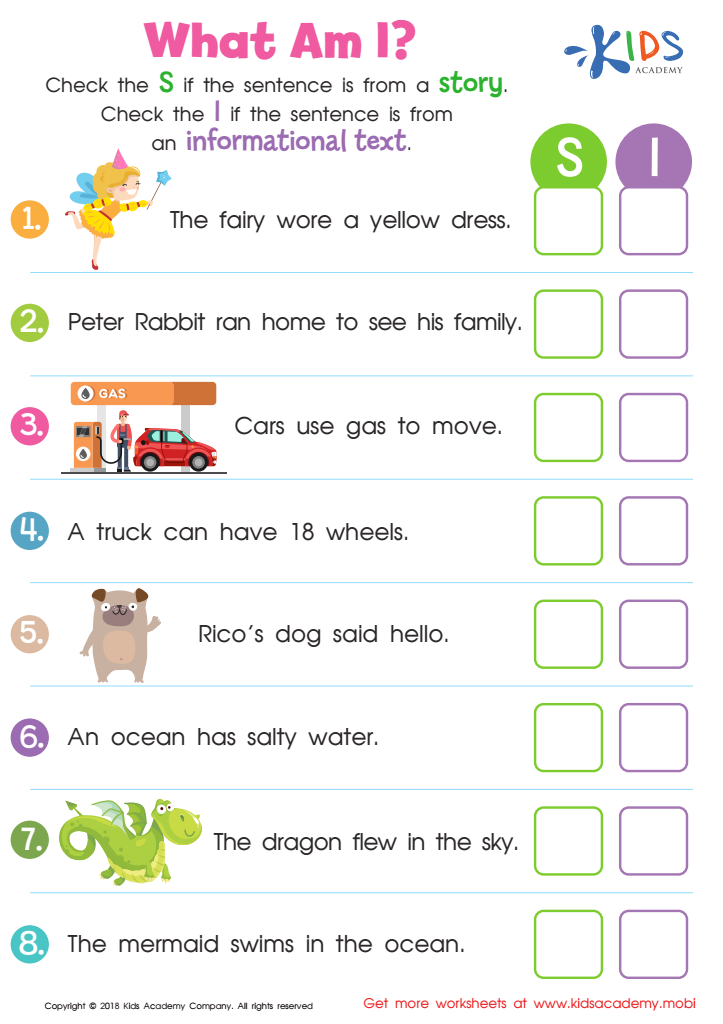

What Am I? Worksheet
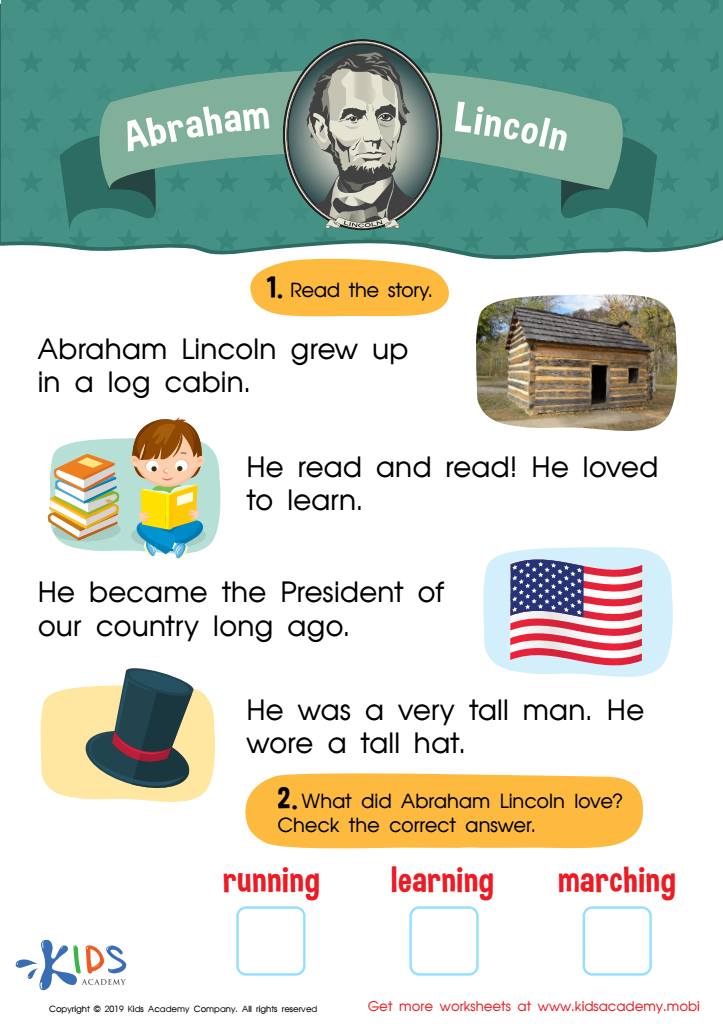

Abraham Lincoln Worksheet
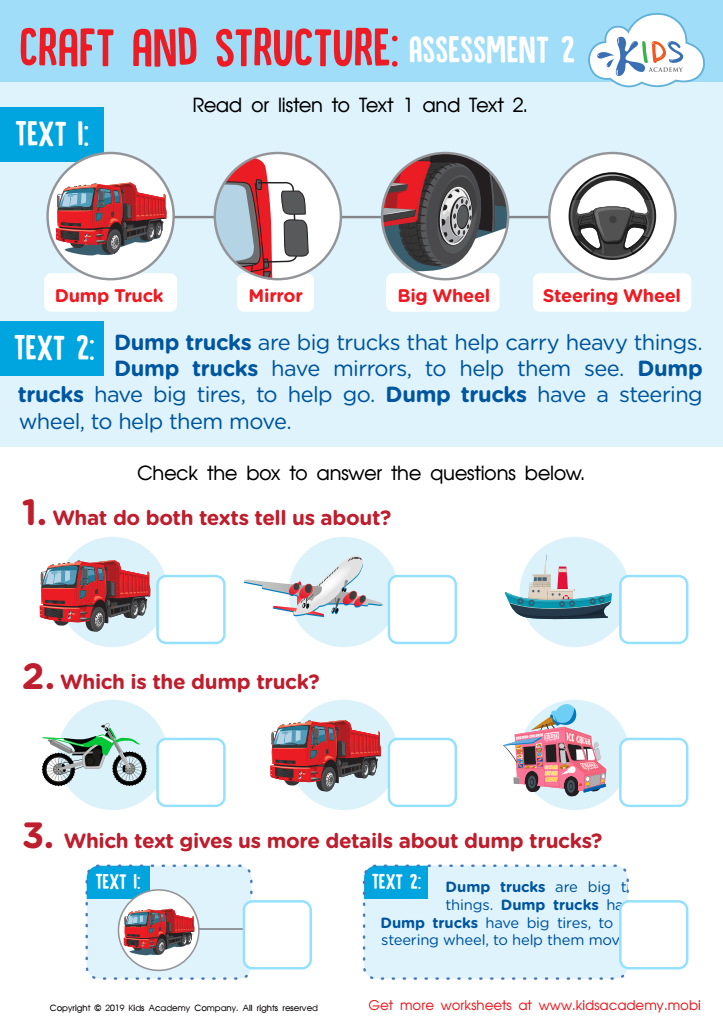

Craft and Structure: Assessment 2 Worksheet
Parents and teachers should prioritize normal reading non-fiction for children ages 5-7 because it plays a crucial role in early childhood education. At this developmental stage, children's curiosity about the world around them is at its peak. Non-fiction books expose them to real-life concepts, facts, and ideas, helping to foster a love for learning. Reading about various subjects, such as animals, science, history, and culture, encourages critical thinking and enhances their cognitive development.
Furthermore, non-fiction provides opportunities to build vocabulary and develop reading comprehension skills. Children learn to identify key details, understand the main idea, and make connections between various pieces of information. This genre promotes literacy skills essential for future academic success.
In addition, non-fiction can inspire discussions between children and adults, allowing parents and teachers to engage with children in meaningful conversations. It also reinforces the importance of facts, encouraging healthy skepticism and critical inquiry.
Ultimately, providing access to quality non-fiction reading material helps nurture informed and curious learners who can better navigate and contribute to the world around them, while laying the foundation for lifelong learning habits. Parents and teachers should recognize non-fiction literature as an invaluable resource for fostering children’s development.

 Assign to My Students
Assign to My Students












